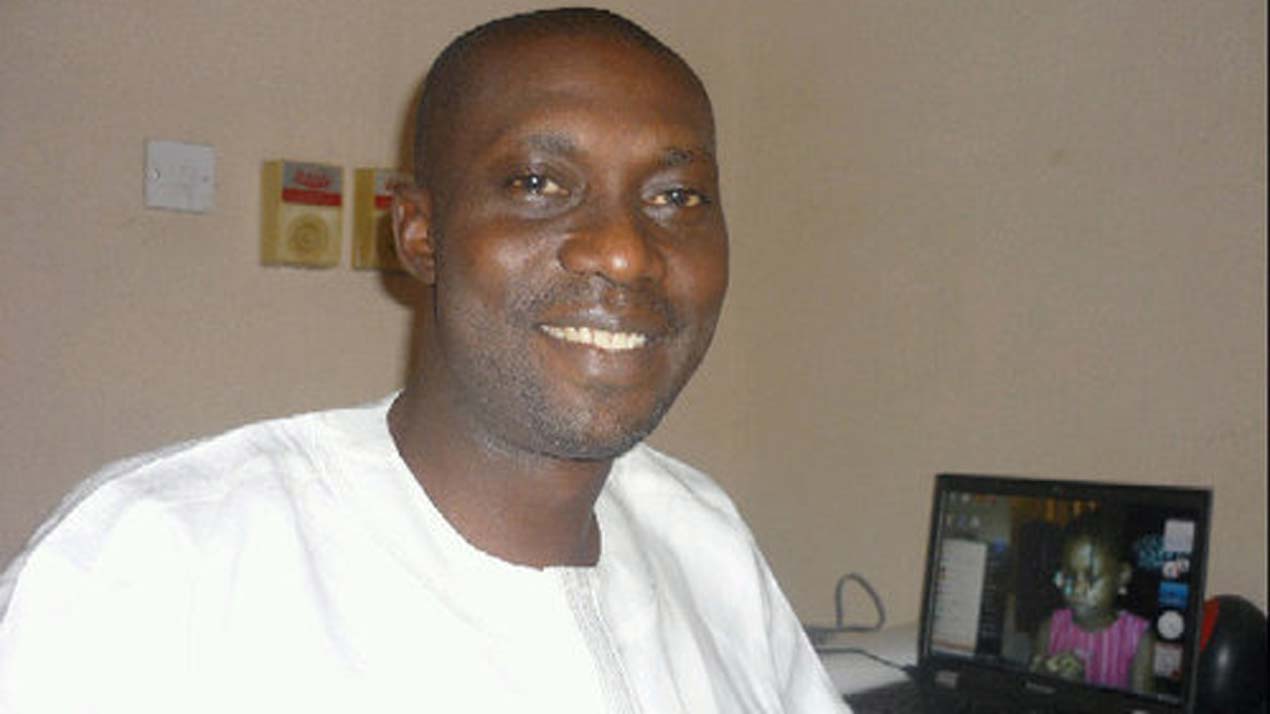
Worried about the low level of solutions with commercial value, thereby resulting in overdependence on imported innovations, technologies, products and services, the Raw Materials Research and Development Council (RMRDC) has unveiled a strategy document to boost the competitiveness in raw materials and products development in Nigeria.
Indeed, the council stated that the design of a national strategy for Nigeria’s competitive in raw materials and products development is an attempt by the Federal Ministry of Science and Technology (FMST) to address the challenge of developing and implementing effective policies and strategies for economic diversification and industrialisation.
According to the Project Director, Strategy Implementation Task Unit, RMRDC, Henry Eteamah, during a one-day workshop on commercialisation of research and development, Nigeria’s potential for production of a wide range of raw materials and products needs revitalisation with appropriate stimulus targeted at commodity groups where the country has comparative and competitive advantage.
He stated that the existing potentials are being constrained by inadequate business infrastructure, especially poor power supply, weak bureaucratic institutions and corruption, among other factors that impinge on national competitiveness.
“The summary of findings from the study of the performance of business and research institutions in the last few years is presented in this report. A strategy was conceptualised and designed to guide the process of driving Nigeria’s competitiveness in raw materials and products development with the ultimate aim of reducing over time, the import of raw materials and products that the country has comparative and competitive advantage to produce, and ensure economic recovery and growth”, he added.
He stated that the strategy document proffers a number of recommendations focused mainly on the roles that government, working in partnership with the private sector, development partners and other stakeholders can play with respect to driving Nigeria’s competitiveness in raw materials and products development.
Earlier, the Director General, Manufacturers Association of Nigeria (MAN), Segun Kadir, said the workshop is apt considering the fact that the manufacturing industry is facing lots of challenges in procuring raw materials to keep the nation’s factories up and running.
In his words,” Our recent experience as manufacturers and stakeholders in the economy has made this programme a timely event particularly when you consider the recent dearth of foreign exchange which has technically hindered manufacturers from procuring essential raw materials that should keep the factories going.
“It is therefore a challenge that MAN and our members across various sectors in the manufacturing industry, will be willing to throw at RMRDC exploring how we can achieve local sufficiency in raw materials sourcing, which should come as a product of research from the array and pool of intellectuals being coordinated by the council.”He urged government to stimulate local industrial production through consistent patronage of locally made products, saying this is the only way the laudable strategy framework would produce positive and desired results.
In his presentation, a professor, National Animal Production Research Institute, Ahmadu Bello University, Ambrose Big, said no country can achieve economic growth without knowledge, pointing out the bed to bridge the gap between research and development and industries.
He said the problem of research and development in Nigeria is due to the fact that research outcomes have been abandoned in shelves while some research findings have no connection with industries in the country.
He said research and development is still largely funded by the Federal government, saying that about 97 per cent of research findings is still being funded by the government, calling on the need for private sector to make significant investment in research and development.
[ad unit=2]



